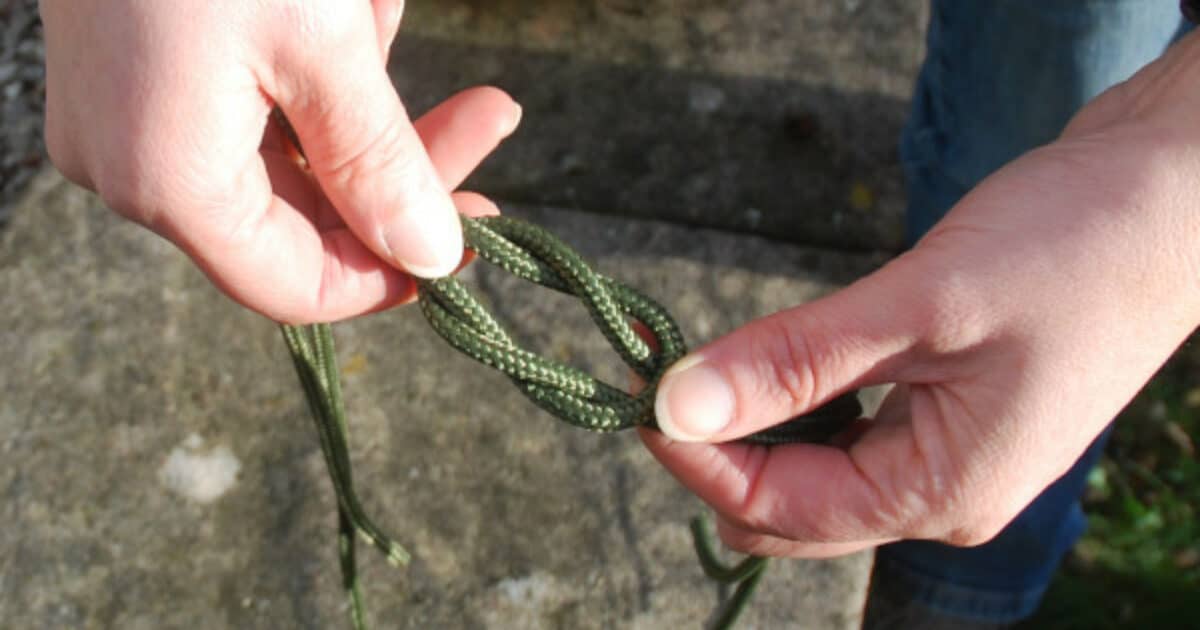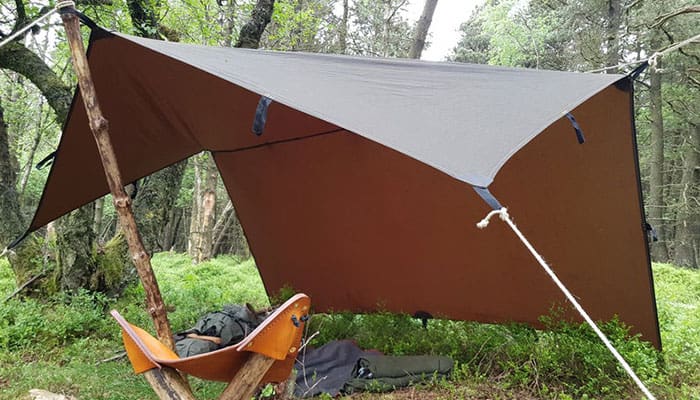Basic Survival Course (1-Day Course)
Our one day basic survival course is both rewarding and challenging with SCT’s indoor and outdoor training. This comprehensive course will introduce you to the world of wilderness and bush survival skills in an innovative and insightful way, providing you with the core essentials to surviving your journey into the outdoors.
The principles and key priority steps taught on this course are relevant in any terrain or environment, and will give you a solid foundation to surviving in the field.
This course is ideal for anybody who’s new to the bush, as well as experienced outdoorsmen and women who would like to refresh and further their skills. No experience is necessary, as we will provide full training on the day. View all of our survival and bushcraft courses here.
This course is a pre-requisite for our Intermediate Survival Course, Advanced Survival Course, and Specialist Survival Course.
 The fun and challenging course will test your ability to think laterally, as well as use and repurpose what you have on you and what you have around you in nature. It will teach you a diverse range of core and necessary survival skills gleaned from a mixture of real world wilderness survival and bushcraft concepts.
The fun and challenging course will test your ability to think laterally, as well as use and repurpose what you have on you and what you have around you in nature. It will teach you a diverse range of core and necessary survival skills gleaned from a mixture of real world wilderness survival and bushcraft concepts.
With this basic survival course in Australia, our instructional teaching is very structured. Techniques are explained and then demonstrated, before you get to practise what you have been shown.
There will be individual work as well as some group work such as natural and emergency shelter construction and other activities.
Some activities will be timed (depending on the course) where you will have a set period of time to perform certain tasks. This adds an element of realism to those particular tasks to help simulate a real-world scenario.
This method of learning provides the opportunity for genuine skill and knowledge acquisition, as well as personal development.
THE LIFE SKILLS YOU WILL GAIN ON A COURSE THROUGH SURVIVAL COURSES TASMANIA WILL HELP TO INSTILL SELF-RELIANCE, SELF-BELIEF, AND HELP YOU TO BECOME MORE SELF-SUFFICIENT IN THE WILDERNESS
“The course was fantastic…I really enjoyed it. I’m keen to learn more, so I’ll definitely be coming back. The instructor’s knowledge base and manner of instructing are both magnificent.”
Sheryl Griffiths – Fire Service (Tasmania)
Course Syllabus – Essential Basic Survival Course
Duration: 1 day – 8:30am to 4:30pm
Price: $238 (adult), $198 (child) – which includes: 1 day of survival & bushcraft instruction from a fully qualified instructor, hot beverages, land use fees, insurance and your own fire steel to take home
Minimum age: 12 years (students under 18 years of age must be accompanied by an adult)
This exciting 1-day basic course will introduce you to a number of diverse, essential survival and bush skills gleaned from various survival, bushcraft and wilderness rescue concepts. These core bush skills will focus mainly on modern survival methods and gear.
They include:
- Survival priorities (Top 5: Protection / Shelter, Fire / Warmth, Water, Rescue Signals, Food).
- Survival psychology – Don’t panic, S.T.O.P., √, familiar, control (take back).
- Essential equipment – 14 items (the most important kit or gear to carry).
- Proper clothing and ‘kit mentality.’
- Survival knife specifications, features & techniques for using (compared to other knives e.g. camp knife or field knife) – what to look for when purchasing.
- Basic survival knots.
- Basic wilderness first aid – including managing snake bites.
- Basic natural navigation.
- Simple & effective rescue signals.
- Heat loss & gain mechanisms.
- How to set up modern tarps / emergency blankets.
- Improvised natural shelter construction.
- Preparing to light a fire using modern methods (fire steel / ferrocerium rod etc).
- Water (treating and purifying).
 There are a lots of skills to be learnt on this basic survival course, so expect a full day and a steep learning curve, however, it will be highly informative, hands-on and fun at the same time.
There are a lots of skills to be learnt on this basic survival course, so expect a full day and a steep learning curve, however, it will be highly informative, hands-on and fun at the same time.
Our qualified instructors are trained in both modern survival techniques and in more traditional wilderness craft, with qualifications from some of the top survival and bushcraft schools internationally.
See our survival and bushcraft blogs here.
You can view a definition of what bushcraft is in contrast to survival here.
